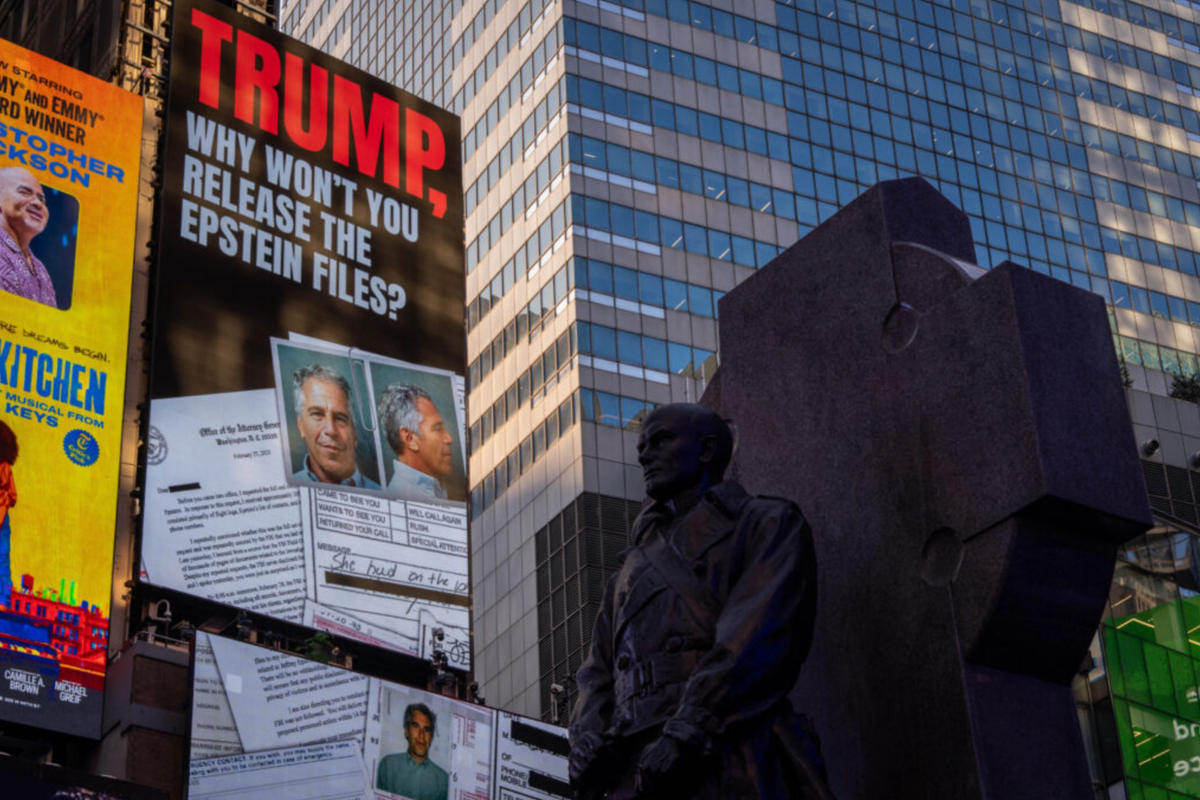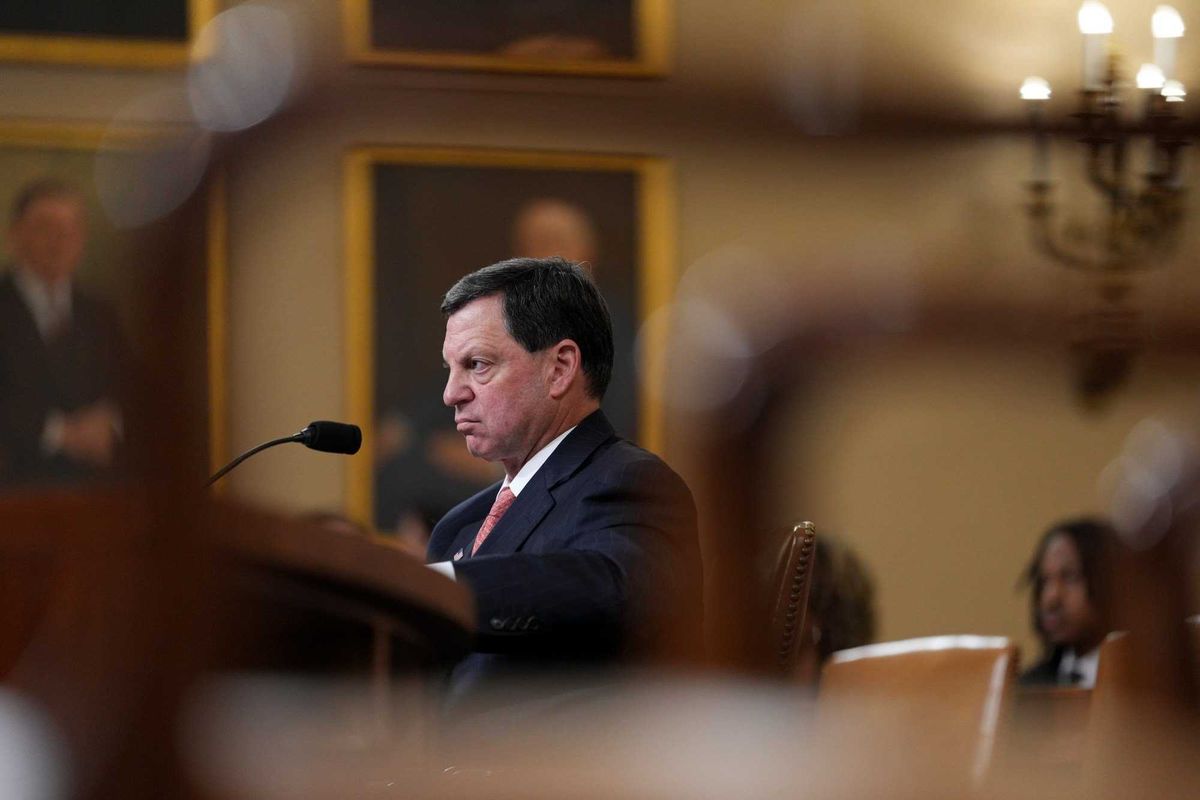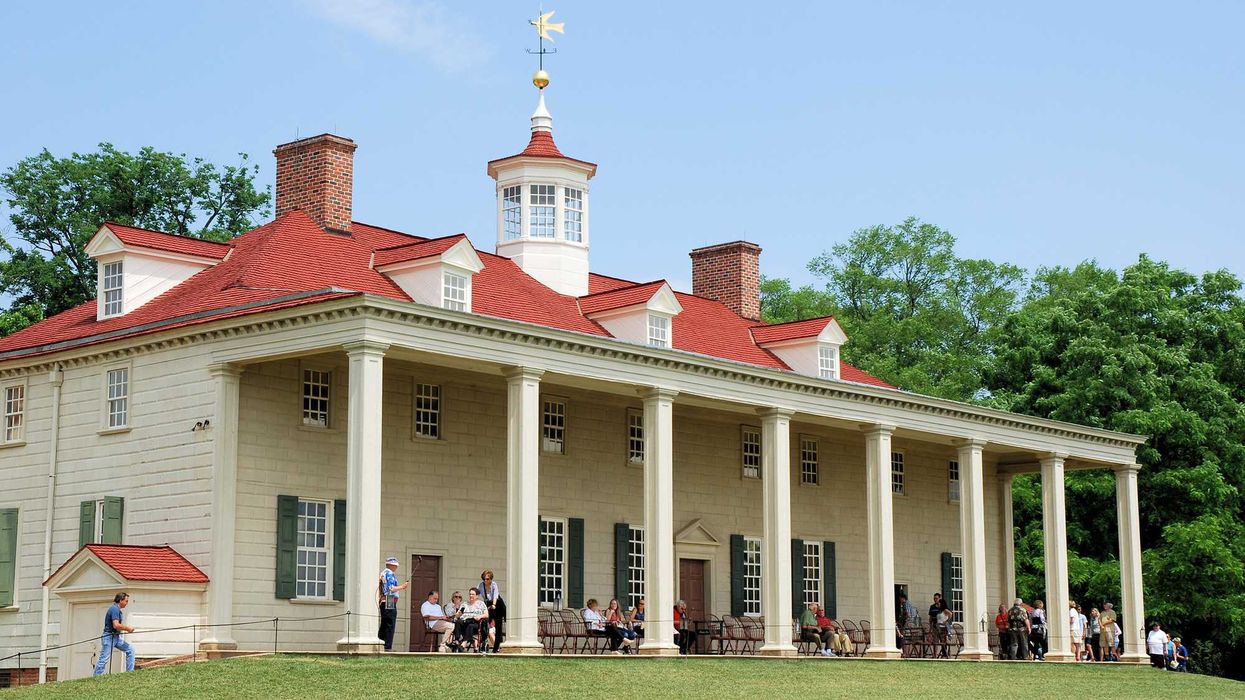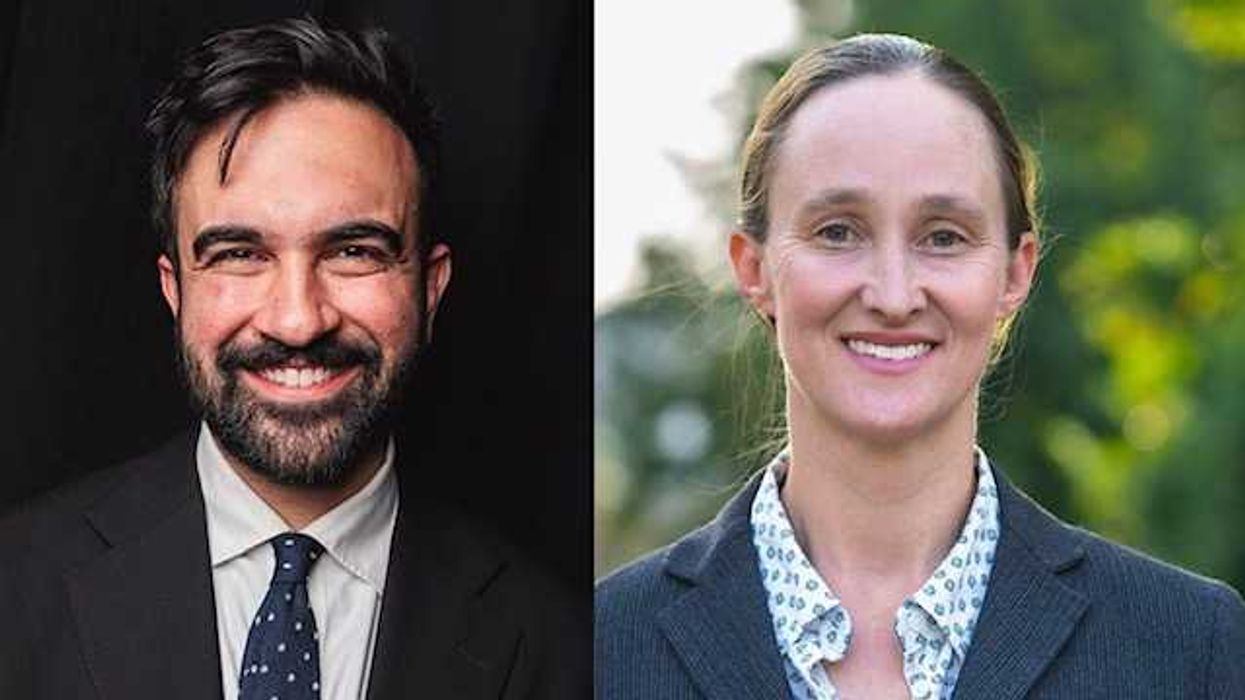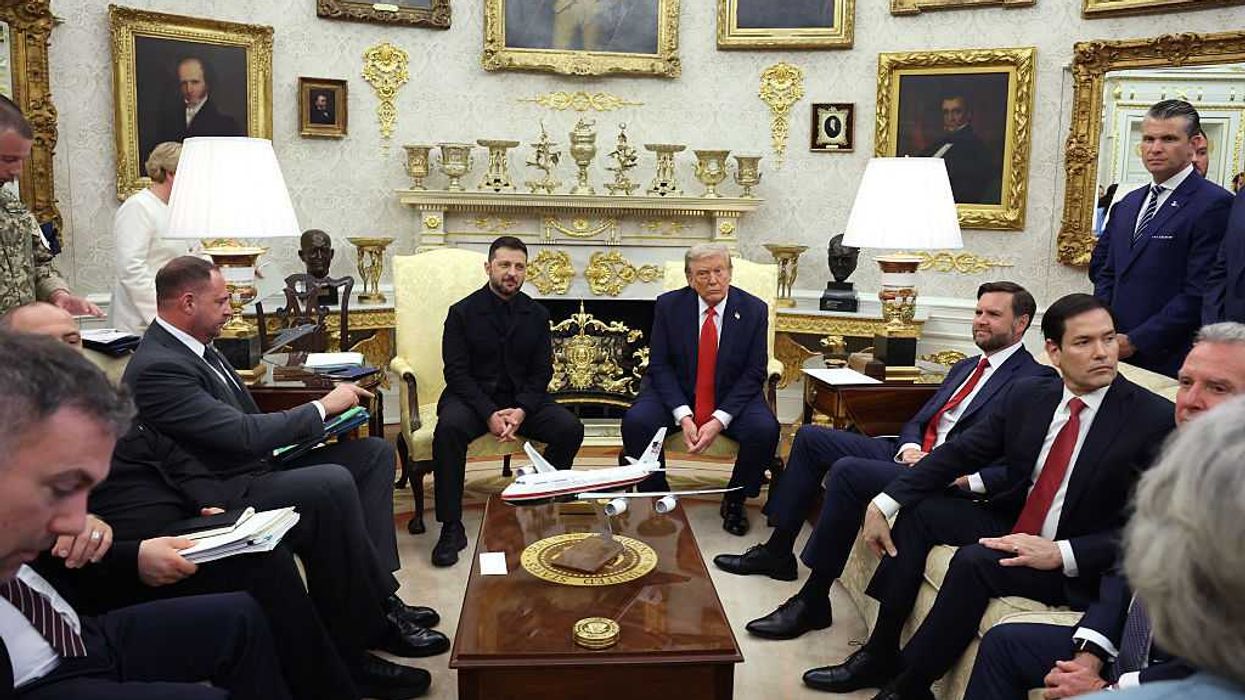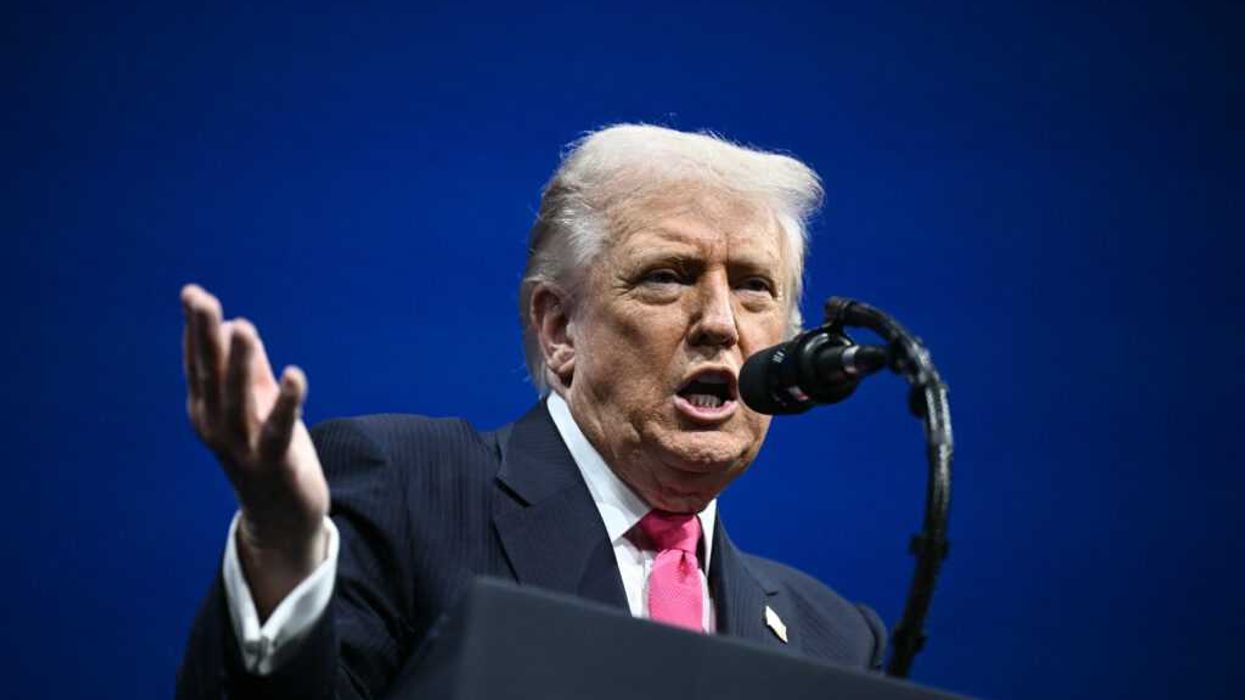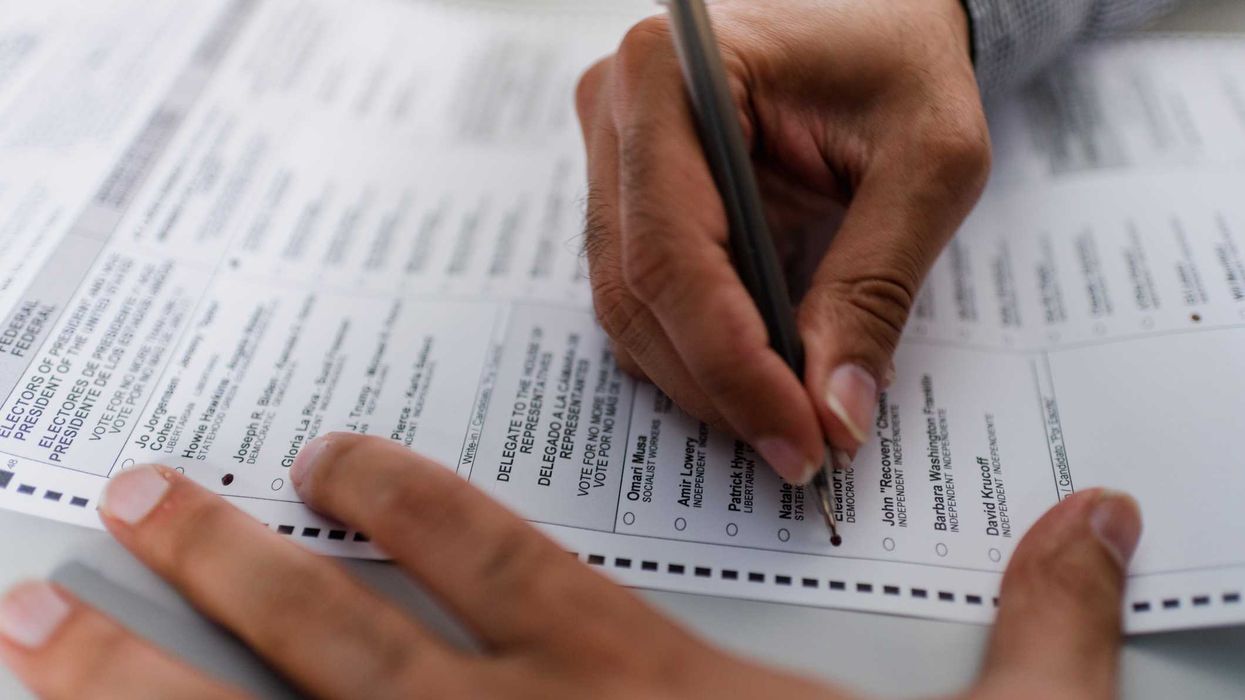The country that I love is behaving like a spoiled child. There is a new approach to governance in the American government that replaces trust with fear, understanding with punishment, and reason with retribution.
After World War II, the United States became the moral standard for the world. We weren’t perfect, but we were way ahead of most of the rest of the world. We were self-serving and primarily looked out for our own interests, but we achieved this by being helpful to other nations, not through cruelty and deception, and we were not vindictive.
Following World War II, President Truman initiated the Marshall Plan to aid in the reconstruction of Europe. We had seen what exacting retribution on Germany after World War I had done. Seeking reparations had bankrupted our former enemies and created conditions in Europe that fostered a bitterness towards the victors, leading to dictatorship and a desire to replace the shame of losing the war with a policy of nationalistic hatred and revenge. It almost succeeded. Eventually, American strength and resolve were all that stopped it.
America did well by doing good. We were powerful, but we shared the power. We were prosperous, and we helped other nations prosper as well. We were self-serving, but we served others. Why? Because gratitude is more enduring than envy, and trust is stronger than fear.
In the name of America, we did great things for most of the world. We were looked up to.
Those days are gone
And the road back, if we ever decide to take it again, will be a long one. Like an unfaithful spouse, forgiveness can come quickly, but trust takes years and years to rebuild.
And what has been the purpose, the motivation that propelled us into this darkness? Imagined slights and wrongs that have led to government attacks on our greatest assets. You can dismiss the quest of learning for the sake of knowledge alone, but there’s a lot of money to be made by exploiting that knowledge through capitalizing it. You can dismiss “diversity” whatever you believe that to mean, but if you want to replace it with uniformity, you have some excellent examples to show you the way, like China and Russia, where individualism is criminal behavior.
The danger of having a leader with no comprehension of how governments work, with no understanding of how nations interact, gives us a leader whose greatest knowledge of those things is seen through “The Art of the Deal” and how deal-making works. That is, who comes out ahead in the short run. But in the long run, it is trust that matters, not how you can manipulate others on occasion.
The problem is that winning in the short run does not do anything for those of us who are going to be living in the long run. Trump may be good at what he does, but is it good for the rest of us?
Since the end of World War II, the United States has maintained stability in the world order for 80 years. We were the only nation to do so consistently. Did we do it because we were just being nice? No, we did it because when other nations prosper through an economic stability guaranteed by America, America prospers, too, economically and morally.
It was good while it lasted.
A version of this column was first published in the Daily Inter Lake.
Jim Elliott served 16 years in the Montana Legislature as a state representative and state senator. He lives on his ranch in Trout Creek.
